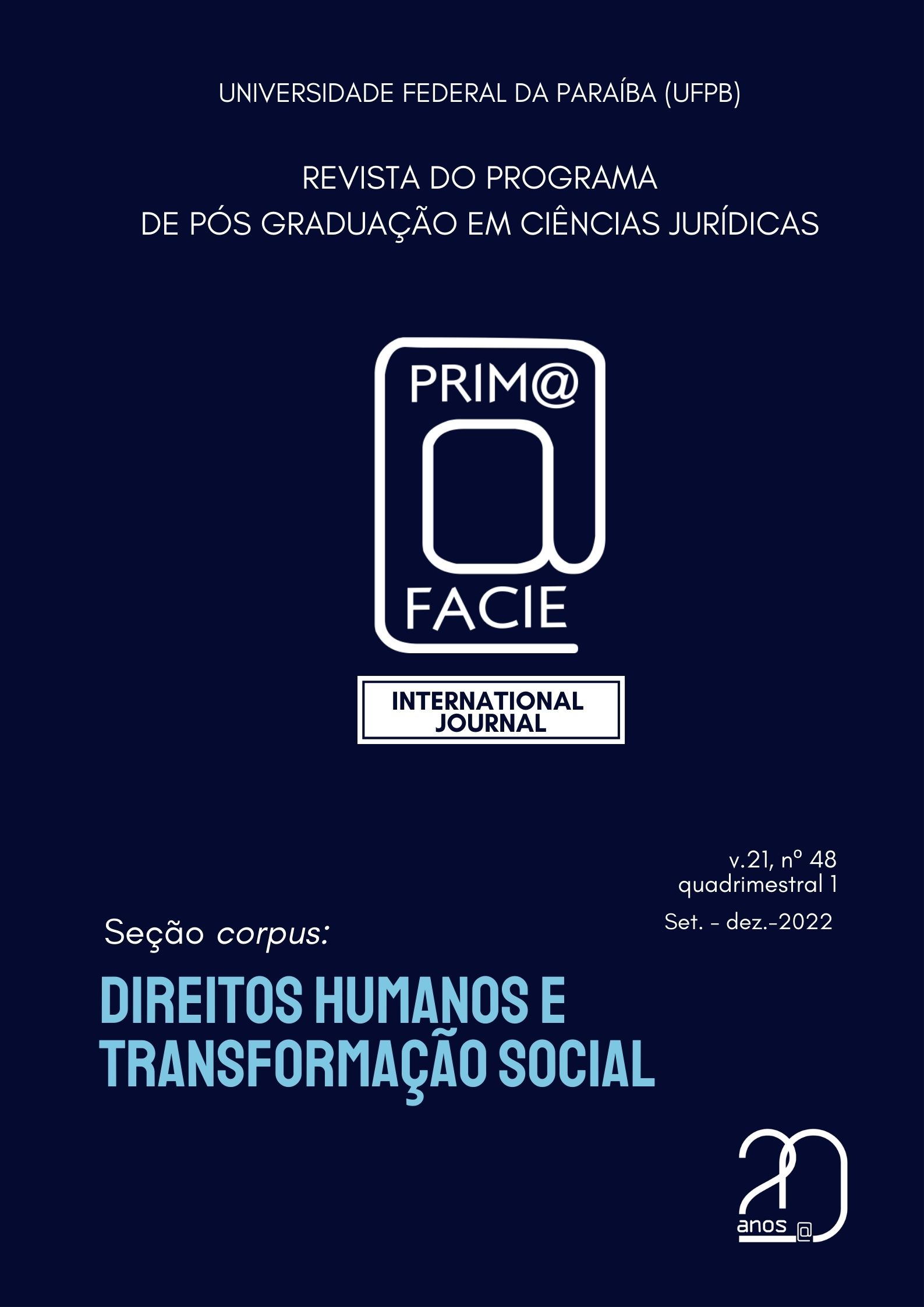Organizações Sociais E A Controvérsia Sobre O Papel Do Estado Em Matéria De Serviços Públicos Não Exclusivos
DOI:
https://doi.org/10.22478/ufpb.1678-2593.2022v21n48.62601Palavras-chave:
Reforma Administrativa; Reforma Gerencial; Terceiro Setor; ADI nº 1.923.Resumo
O artigo examina a figura das organizações sociais no contexto da Reforma do Aparelho do Estado (conhecida por Reforma Gerencial) realizada no Brasil na década de 1990, como foco na pretendida redefinição do papel do Estado e a transferência da execução de serviços públicos não exclusivos a entidades privadas. Justifica-se a partir do controvertido debate acerca da compatibilidade do modelo das Organizações Sociais (OS), especialmente, em relação a um possível recuo do Poder Público da execução direta de serviços ligados às áreas de atuação de tais entidades. Busca-se verificar até que ponto o Estado é responsável pela prestação de serviços públicos ligados às áreas de atuação das OSs. Foi possível constatar que a convocação constitucional da iniciativa privada como colaboradora do Estado nessas áreas não autoriza um mecanismo de substituição, que relegue ao Poder Público a responsabilidade exclusiva de monitoramento e fomento, desincumbindo-se do dever de prestação direta. Por outro lado, verificou-se uma lacuna na controvérsia doutrinária e jurisprudencial existente no que se refere à análise do tema de forma interdisciplinar, sobretudo diante da ausência de aprofundamento no âmbito da política e da teoria geral do Direito e do Estado.
Downloads
Downloads
Publicado
Como Citar
Edição
Seção
Licença
Copyright (c) 2023 A Prim@ Facie detém direitos exclusivos de publicação e distribuição sob concessão absolutamente franca da parte do autor, ou autores.

Este trabalho está licenciado sob uma licença Creative Commons Attribution-NonCommercial-NoDerivatives 4.0 International License.
Os autores estão cientes de que transferem seus direitos de publicação e distribuição à revista Prima Facie. Os autores autorizam o uso do trabalho para fins não-comerciais, incluindo direito de enviar o trabalho em bases de dados de Acesso Livre. As provas finais poderão não ser enviadas aos autores antes da publicação, seguindo a revista seu padrão técnico explicitado nas suas normas e nos formatos praticados em acordo com a CAPES e com padrões de excelência adotados. As opiniões emitidas pelos autores são de sua exclusiva responsabilidade não sendo a revista solidária da livre opinião exposta por eles.

